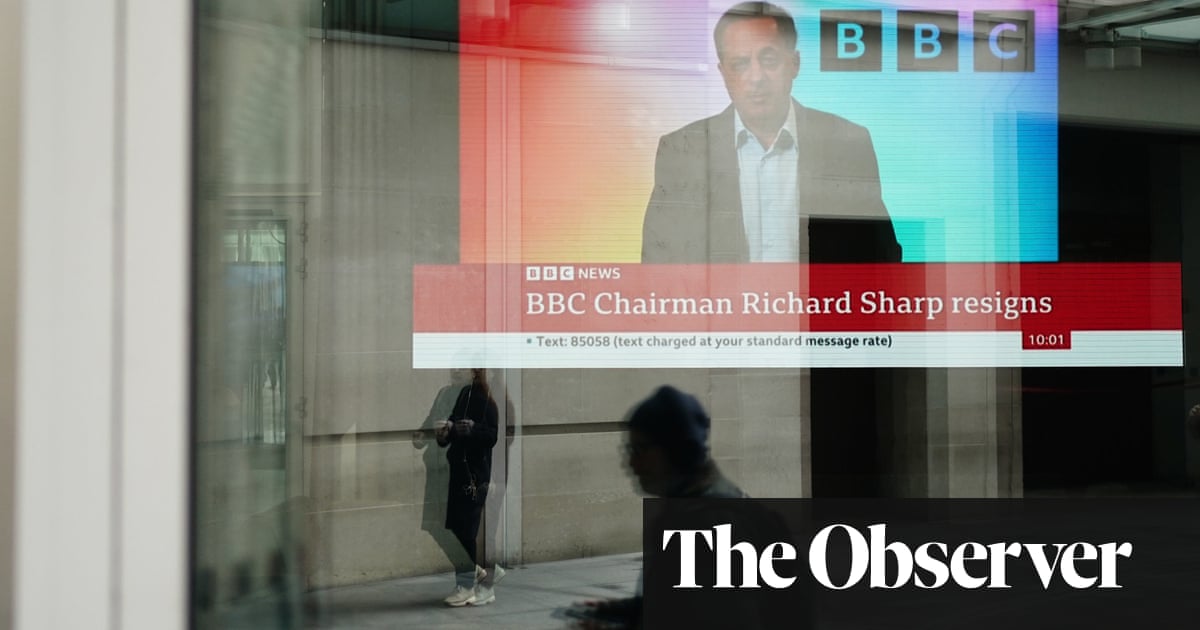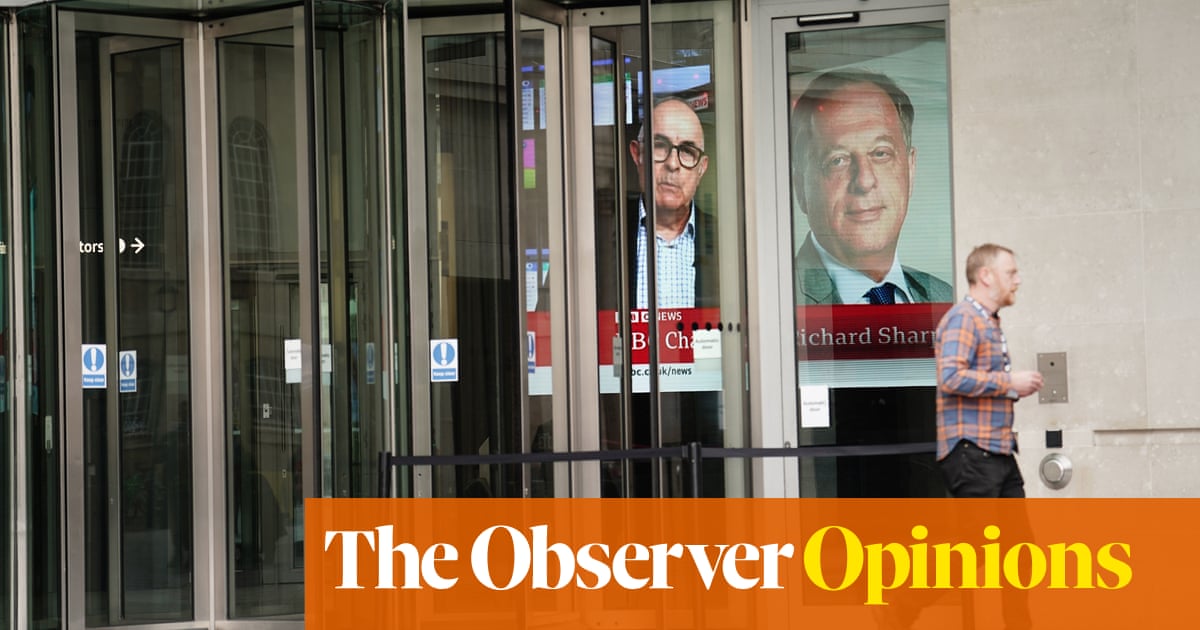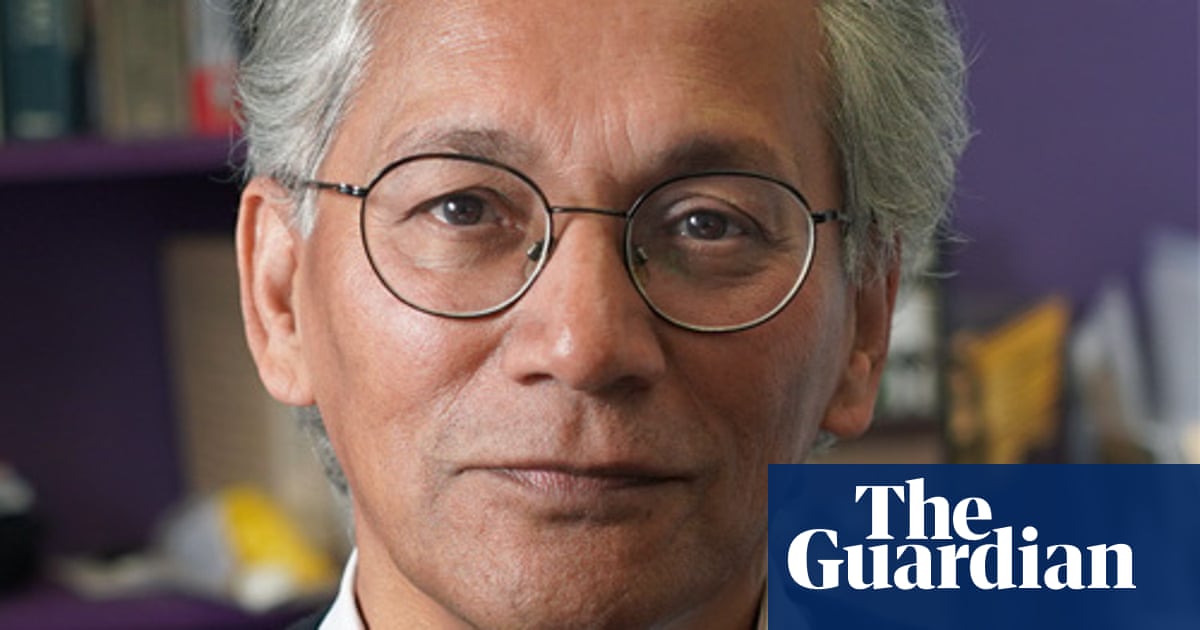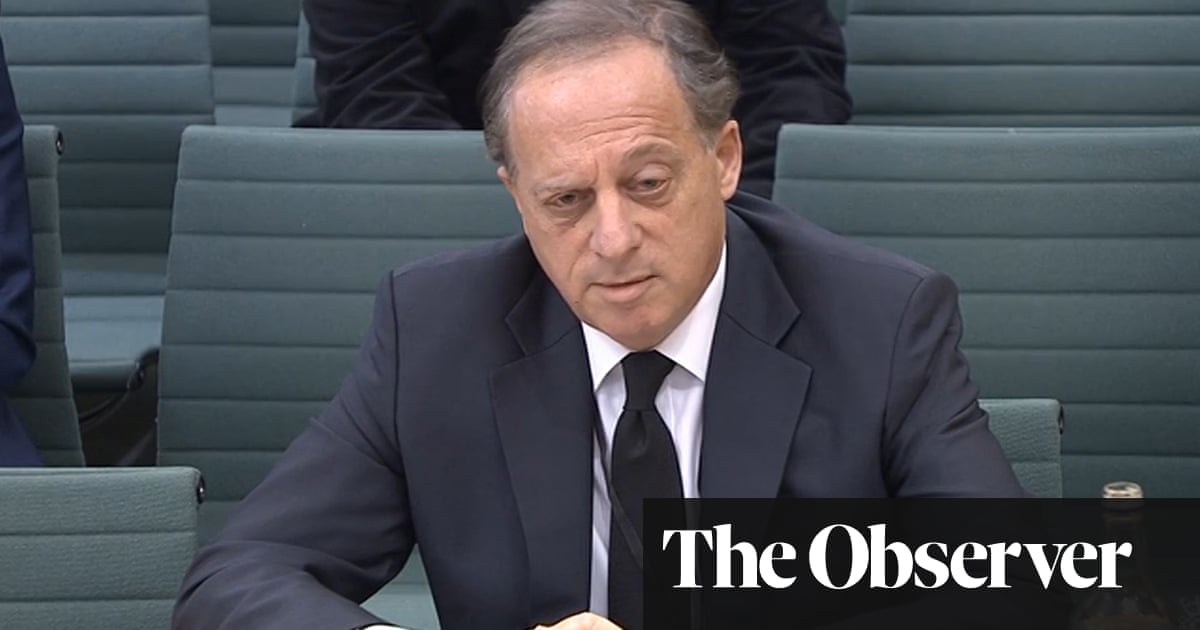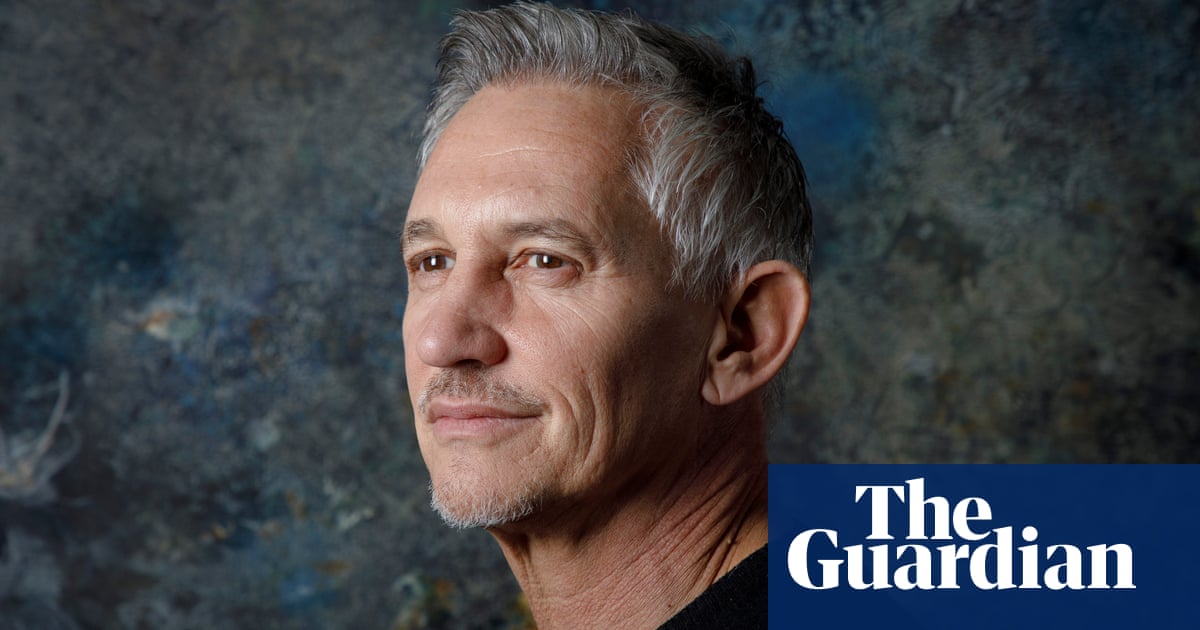
Lenny Henry has said the next BBC chair should be someone who recognises the importance of diversity and inclusion, as the former Telegraph editor Charles Moore faced criticism that past comments about minority groups made him unfit for the role.
Moore is said to be Boris Johnson’s choice to be the next head of the corporation, but concerns have been raised over his past criticism of the BBC and his views espoused about Muslims, black and LGBT+ people, with more details emerging on Monday.
In a 1992 article in the Spectator, Moore wrote: “The Korean sets up the grocery store which the black then robs: that is the caricature which modern America recognises.
“Why has this happened then? One explanation, made endlessly in conversation and hardly ever in print, is that there really is something different about blacks, or at least about black men, or at least about young black men.”
He went on to say that people in the UK and US “detect in black youths an aggression and defiance and indifference to normal moral and social constraints which frighten (sic) them […]
“If it is true, as it surely is that some races – the Jews are the obvious example – are highly enterprising and talented, it may also be true that some are the opposite.”
Henry, who has been at the forefront of efforts to boost diversity in the BBC and TV industry more broadly for many years, told the Guardian: “I think it is important that the public record of anyone being considered for key public appointments is scrutinised. That is the role of the media and key public institutions.
”I sincerely hope the process will lead to the appointment of someone who recognises the importance of diversity, inclusion and representation both in front and behind the camera.”
The Muslim Council of Britain (MCB) said Moore should not be given the BBC chairmanship, citing several articles he has written on Islam. In one, in 2015 in the Telegraph, he wrote: “In current conditions, a large Muslim community in a non-Muslim country produces more political disturbance, more communal tension, more intolerance of other faiths (and of non-faiths) and more terrorism …”
A spokesperson for the Muslim Council of Britain said: “Islamophobia in the public space cannot and should not be further entrenched by elevating someone like Charles Moore to the helm of the BBC …
“An individual who has spouted views about any minority community, as he has about Muslims, should be challenged not rewarded with a public role.”
The veteran gay rights campaigner Peter Tatchell also said Moore was not fit for the job.
Writing about the same-sex marriage bill in 2013, Moore wrote: “I wonder if the law will eventually be changed to allow one to marry one’s dog. Until now, this would have been considered disgusting, since marriage has been a law revolving around sexual behaviour, and sexual acts with animals are still, I believe, illegal.”
Two years later he complained that a “gay rights sharia” was stifling debate on whether gay people should be allowed to be parents. He has also opposed the banning of gay conversion therapy, asking: “Why should they not be entitled to seek escape [from homosexual feelings]?”
Tatchell said: “Given his notorious homophobic views, Charles Moore is unfit to chair a public service broadcaster. The BBC is bound by equality law, but he apparently does not believe in equal rights for the LGBT+ community.
“If Moore was appointed BBC chair, it would be a slap in the face of the LGBT+ community. He has shown no commitment to impartiality, diversity and equality, which are core BBC values.”
“In the light of Moore’s long history of hostility to the BBC, putting him in charge of the corporation would be like appointing an arsonist as the manager of an explosives factory.”
Reports that Moore could be appointed to the BBC role – and that the former Daily Mail editor Paul Dacre could be made chairman of Ofcom – have led to fears that it is an attempt to get the BBC to dance to the current government’s tune. Writing in the New Statesmen, the former BBC Radio 4 controller Mark Damazer described Dacre as “a man whose worldview is largely repressive, intolerant and divisive”.
But Pat Younge, formerly chief creative officer of BBC Productions, which made him one of the corporation’s most senior black executives at the time, suggested the stories about the appointments were a smokescreen to cover up government travails elsewhere.
“Everybody has got distracted about appointments for jobs that haven’t been advertised,” said Younge. “I mean, nothing would surprise me with the government. And they’ll probably argue – in the way that they do – that Charles Moore is equal opportunities obnoxious: he’s obnoxious to everybody. But I’m not going to get myself wound up until the process has started, and we get a sense of who the candidates are, and we see what qualifies for suitability for high office in public life.”
Charles Moore declined to comment.




